 Nigerian bead art by Jimoh Buraimoh. Picture by Magaretta wa Gacheru
Nigerian bead art by Jimoh Buraimoh. Picture by Magaretta wa Gacheru
(Long read)
But there was still a sense in which I was distanced from the cause of my parents’ struggles. When I was in form 2 or form 3 (I can’t remember), Moi visited our school and I asked him for an autograph, and he was gracious and wrote that he wished me a bright future. The next Monday, our headmistress blasted the entire school about lack of respect for an elderly statesman. But who cared? Not me.
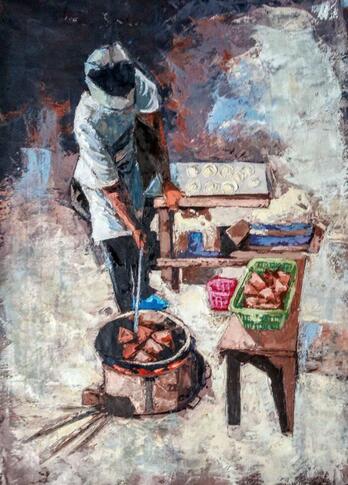
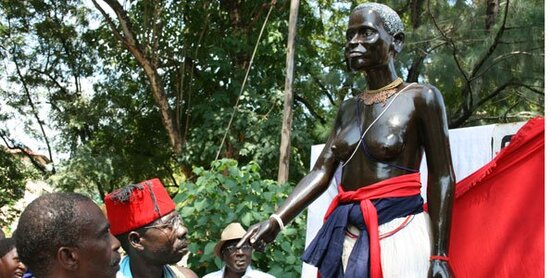
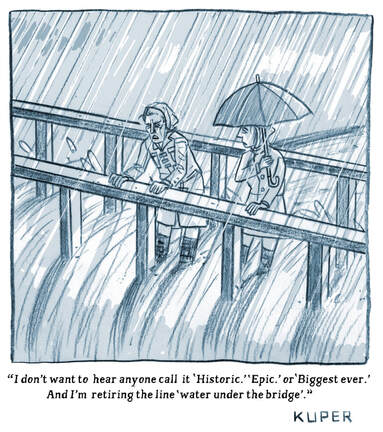

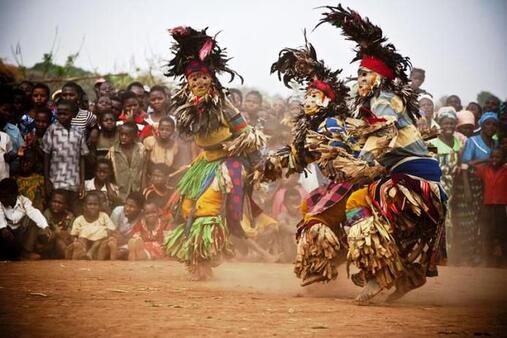
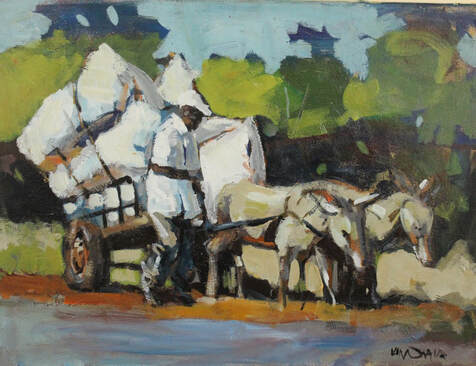
 RSS Feed
RSS Feed
